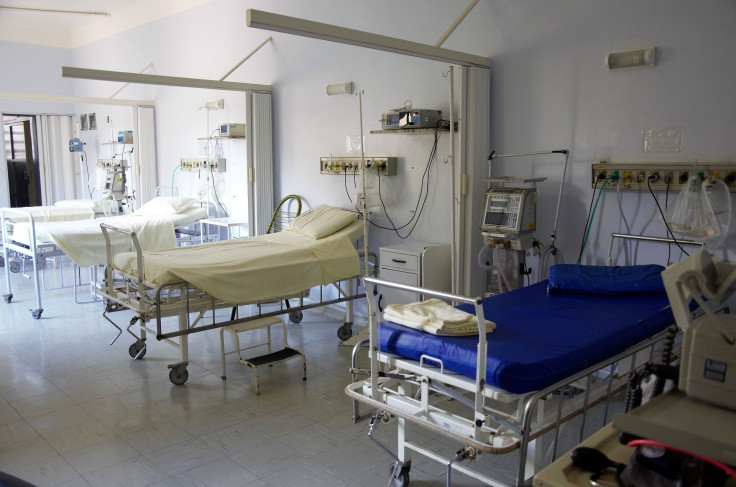Meningococcal Disease Identified In Ohio's Warren County; What To Know About The Infection
KEY POINTS
- An antibiotic course is recommended for high-risk close contacts
- Low-risk contacts are advised to watch out for symptoms
- Meningococcal disease symptoms will be flu-like at first but can worsen "rapidly"
A case of meningococcal disease has been identified in Warren County, Ohio. The infection spreads through "prolonged, direct" contact.
The Warren County Health District (WCHD) was notified about the diagnosis Wednesday.
Meningoccocal disease is "any" illness that's caused by the Neisseria meningitidis bacteria, according to the U.S. Centers for Disease Control and Prevention (CDC). These illnesses can be severe, deadly or lead to long-term issues.
The bacteria is found in the infected person's nose and mouth, and would need "direct, prolonged" contact for the infection to be spread. Some high-risk contacts include roommates and housemates, kissing or sharing items like lipsticks, shared food or utensils.
Authorities have identified and notified the high-risk contacts of the patient. They have to take a course of antibiotics within 24 hours of the diagnosis to avoid getting sick.
"Neisseria meningitidis can be treated with a number of effective antibiotics," said Allison Combs, WCHD public information officer, reported Dayton Daily News. "It is important that treatment be started as soon as possible."
Meningococcal bacteria are not quite as contagious as the pathogens that cause the common cold or the flu, explained the CDC. So those who had casual contact may not be at high risk.
"Persons only having casual contact such as school or work mates are low-risk contacts," noted the WCHD. "No further action for low-risk contacts is required except to watch for symptoms."
Symptoms of meningococcal disease will be flu-like at first, noted the CDC. However, this can worsen "rapidly."
The two common types of meningococcal infections are meningococcal meningitis and meningococcal septicemia. The former affects the lining of the brain and spinal cord, causing swelling. In this case, symptoms may include a stiff neck, eyes being sensitive to light and an altered mental status.
Meningococcal septicemia is a bloodstream infection, wherein the bacteria enters the bloodstream and damages the walls of the blood vessels. This may lead to bleeding in the skin and organs, with symptoms including cold hands and feet, diarrhea, rapid breathing and severe aches in the muscles, chest, joints or abdomen. A dark purple rash may appear in later stages.
"If you or your child has any of these symptoms, call the doctor right away," the CDC warned.
So far, the "best protection" against meningococcal disease is to keep up to date with the recommended vaccines.
"If you are unsure whether you have been vaccinated for meningococcal disease, check with your physician," the WCHD said. "The Warren County Health District has vaccines for meningococcal disease available."

© Copyright IBTimes 2024. All rights reserved.






















